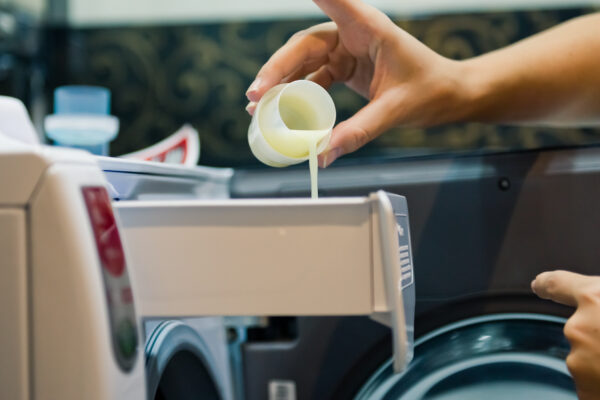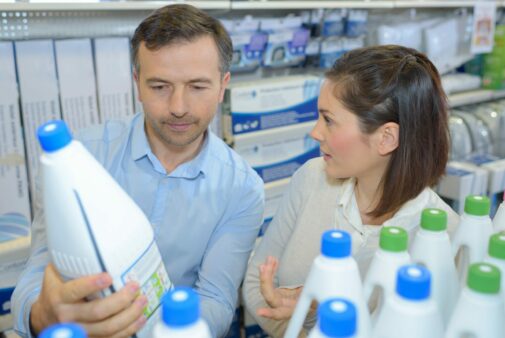Key Points/Overview
Benzophenone is an FDA-approved active ingredient found in many sunscreen products. This chemical absorbs UV rays so that it can effectively protect people and products from sun damage.
In laundry and cleaning products, benzophenone is added to the product formulation as a perfume compound, and it helps to protect the product against degradation that could be caused by UV rays and exposure to air.
Benzophenone helps to protect against UV rays that could damage or deteriorate consumer products such as sunglasses, shoes and sports equipment.
The FDA and the Cosmetic Ingredient Review science panel have determined benzophenone to be safe for use in sunscreen, laundry detergent, cosmetic products and non-food packaging to prevent discoloration or degradation from exposure to sunlight.
Uses & Benefits

In skincare products like soap and lip balm, benzophenone helps prevent the other product ingredients from degrading under UV light – protecting the product’s color and scent. Oxybenzone, a derivative of benzophenone, is also an ingredient in many sunscreens due to its ability to absorb harmful UV rays.

Benzophenone is also widely used in a range of household products and consumer goods. In laundry and cleaning products, benzophenone is added to the product formulation as a perfume compound, and it also helps to protect the product against degradation that could be caused by UV rays and exposure to air.

In consumer products like sunglasses, shoes and sports equipment, benzophenone helps to protect against UV rays that could damage or deteriorate the product. In addition, as an ingredient in non-food plastic packaging, it helps to prevent sun damage and fading of the product inside the packaging.

Safety Information
The U.S. Food and Drug Administration (FDA) has approved benzophenone-3 (BP3), also known as oxybenzone, as an active ingredient in sunscreen. In addition, a Cosmetic Ingredient Review (CIR) expert scientific panel states that benzophenone and its derivatives (benzophenone-1, -3, -4, -5, -9 and -11) are safe as typically used in cosmetics and personal care products.


